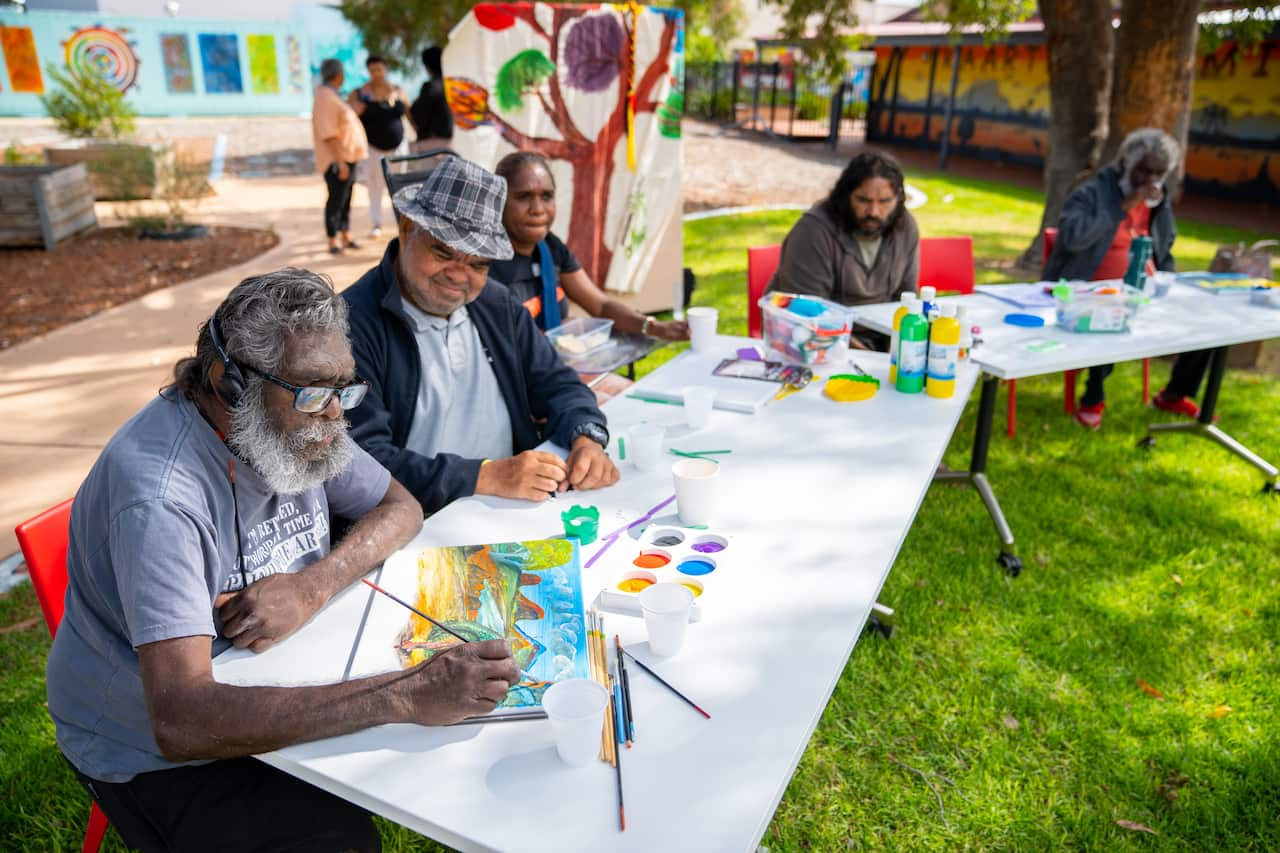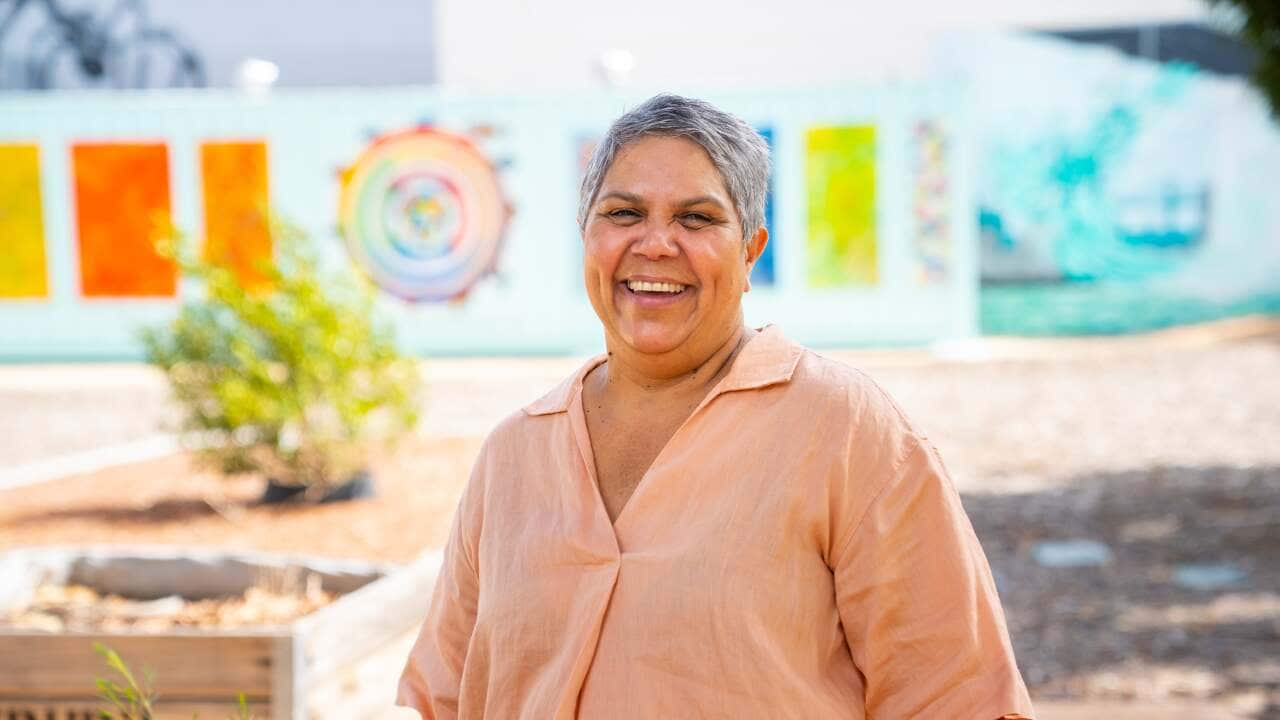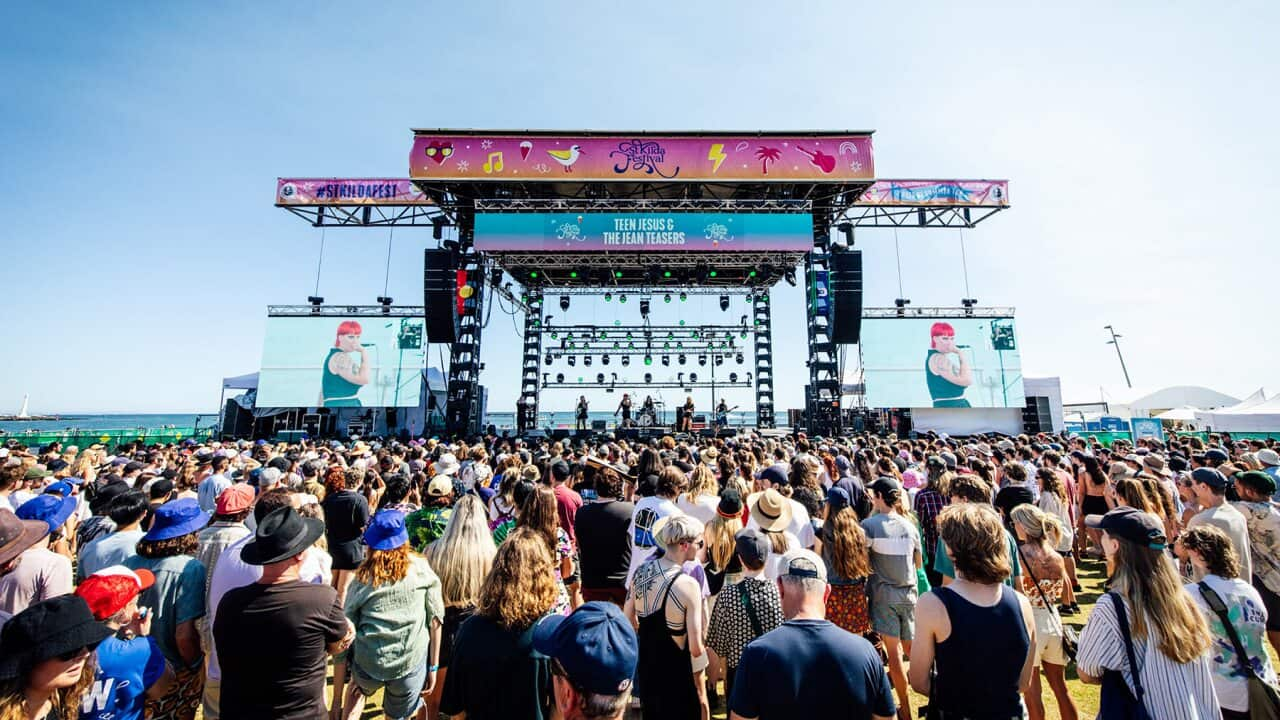A group of researchers at Edith Cowan University, in collaboration with Aboriginal communities in WA, has launched what is believed to be an Australian-first program bridging the gap for Aboriginal Australians with traumatic brain injury through yarning circles.
The Brain Injury Yarning Circles project provides a culturally safe space and activities tailored to attendees’ needs and wants, such as a local Elders group, swap meets, art, dance, music, men’s and women’s days and excursions to culturally significant destinations.

Noongar woman Kerri Colegate who runs the Armadale Yarning Circle explains how the service has been vitally important for participants – especially those needing to move to Perth for treatment.
“A lot of Aboriginal people have to come off-country for rehabilitation services – and a lot of those people can be alone without their family here,” Kerri Colegate said.
The program places a big emphasis on supporting not only the person living with a brain injury, but also their family members and carers who also often have their lives significantly disrupted following a traumatic event involving a loved one.




